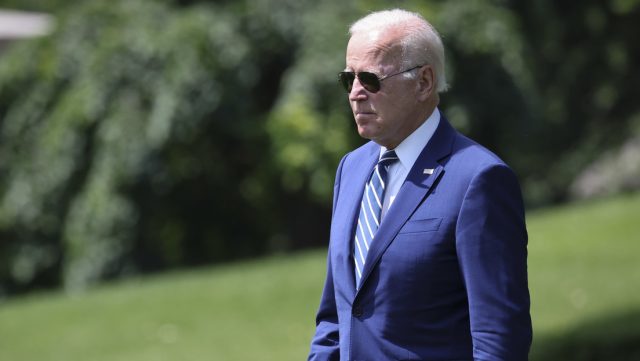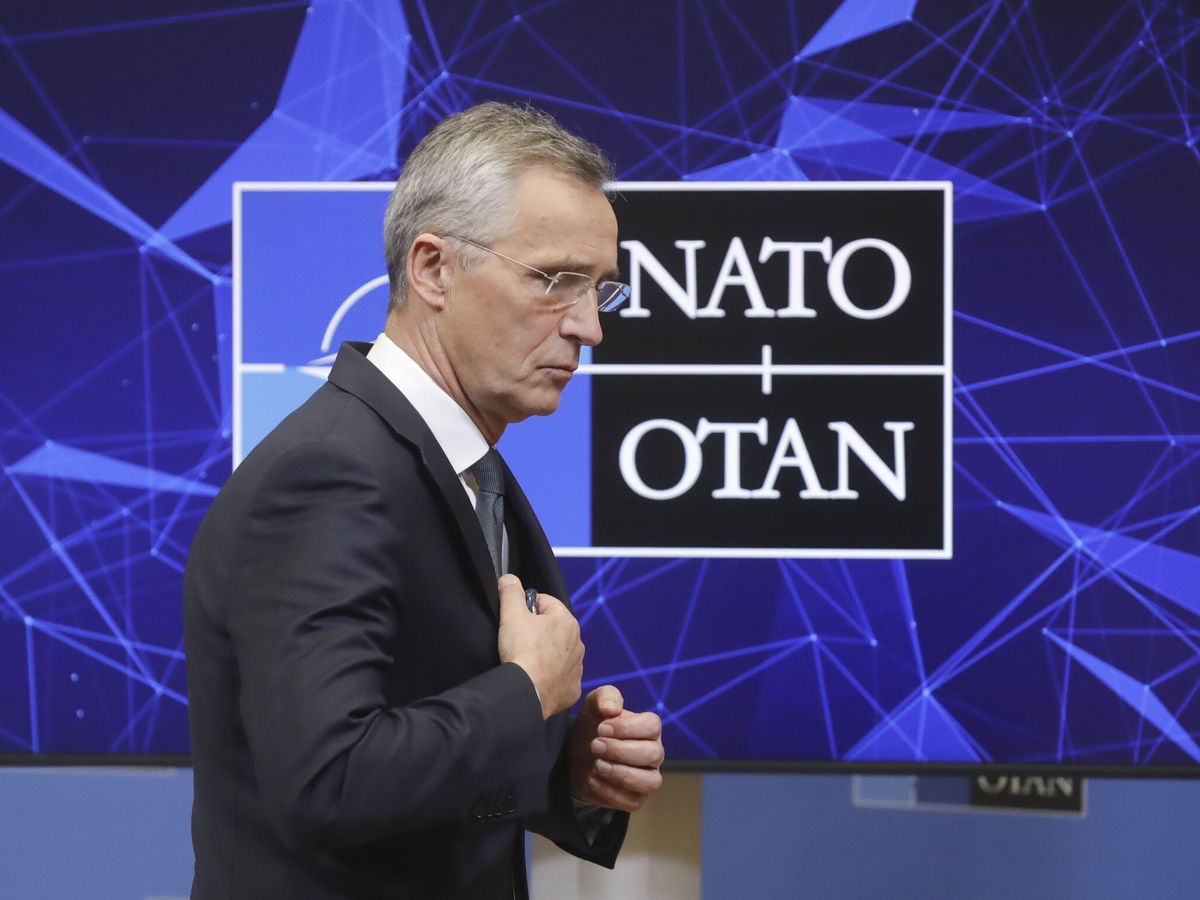Despite the fact that the US Government has been in charge of clarifying in recent weeks its position on the «crisis in Venezuela», as the White House describes it, the administration of President Joe Biden maintains a ‘two-way’ game in the South American country and conditions the relaxation of the sanctions imposed on Caracas for years.
The double game of the US with respect to Venezuela is perceived in several actions. On the one hand, it meets directly with the Venezuelan president, Nicolás Maduro, to address issues of geopolitical and strategic interest; and on the other, it phones Juan Guaidó to tell him that they still support him and continue to recognize his «interim government», reports RT.
Last March, the Biden administration held direct talks with the Maduro government, when a high-level team from Washington, led by the director of Hemispheric Affairs of the White House Security Council, Juan González, traveled to Caracas and met sat down to negotiate different matters of interest with Maduro related to politics, the economy and energy, among others, in Miraflores. At the end of June, another meeting was held in the Venezuelan capital with representatives of both governments.
Those negotiations between the White House and Miraflores resulted in concrete issues. Caracas released two Americans, one involved in crimes of corruption in Petróleos de Venezuela (PDVSA) and the other accused of terrorism in 2021, and it was decided to «reformat» the political dialogue with the opposition. Weeks later, the US relaxed sanctions against the Venezuelan oil industry, allowing US and European companies to restart their operations in the South American country; a vital measure for Washington and Europe in the face of the conflict in Ukraine and the restrictions imposed on Russian oil and gas.
Despite the rapprochement with Maduro, now the Biden administration, which had removed from its speeches the description of «interim president» for Juan Guaidó -although they did support him-, has decided to take a step back and resume the label for the former deputy, noting that it recognizes «the National Assembly democratically elected in 2015» and consequently the alleged presidential position, an issue that seemed to have been resolved after the election of the new Venezuelan Parliament in December 2020.
The White House reported last week that Biden held a phone call with Guaidó to express his appreciation, as well as «support for the negotiations», referring to the process that representatives of the Maduro government and the radical Venezuelan opposition took up on the negotiation table. The rescue of Guaidó – who was yelled, pushed and insulted from a restaurant in Venezuela over the weekend – took place just as the controversial IX Summit of the Americas was taking place, from which the US decided to exclude the governments of Venezuela, Cuba and Nicaragua, arguing that these countries did not meet «the democratic standards» of Washington.
“Calibrate the sanctions policy”
The «new» line or policy on Venezuela even led the White House press secretary, Karine Jean Pierre, to make a ‘mistake’ at a press conference when she was asked about issues between Brazil and the US, and the senior official responded —reading— that Biden continued to recognize Guaidó.
In other public interventions, both Biden and other White House spokesmen have assured that the US would be willing to «raise the pressure» and «calibrate the sanctions policy» against Venezuela, but if certain conditions are met.
In Biden’s telephone conversation with Guaidó, both «spoke about the role that the US and other international partners can play in supporting a negotiated solution to the crisis in Venezuela». According to the head of the White House, such «negotiations» would be «the best way» to achieve the «peaceful restoration of democratic institutions, free and fair elections, and respect for human rights and fundamental freedoms of all Venezuelans».
In this sense, Biden assured his country would be «willing to calibrate the sanctions policy» -created to try to force Maduro out-, but this eventual situation would take place according to what is reported in «the results of the negotiations» which, according to Washington, would grant power «to the Venezuelan people to determine the future of their country».
On this, Biden’s special adviser, Juan González – the same official who met with Maduro in Caracas last March – told the Voice of America (VOA) that although the US does not intend to impose «conditions», they would be “fully ready to lift sanctions pressure”, as long as “concrete steps” develop in the negotiations.
“We are 100% in support of a dialogue that is led by the Venezuelans, not one where the US imposes conditions. Our policy is clear, we are totally willing to lift the pressure of sanctions, but based on concrete steps», said González.
What has Venezuela said and what is it doing?
While the US rearranges its discourse on Venezuela, President Maduro made an international tour of countries in Africa, Asia and Europe to establish new multilateral cooperation agreements and work agendas that accompany the economic commitment to «diversify the economy» in his country.
This policy, which consists of cutting off the exclusive dependence on the oil income, as Maduro has explained on several occasions, seeks to encourage foreign investment in different areas —in addition to energy— to develop fundamental sectors such as food, health, technology, tourism, education, industries, transport, communications, among others.
For the Venezuelan president, multilateral relations and the construction of a comprehensive cooperation map are essential to leave behind the «hegemonic model» that the US and its allies want to preserve, since it would allow the development of a «pluripolar» economy based on complementarity, respect and a «peace diplomacy».
During his international tour, in which Maduro visited Türkiye, Algeria, Iran, Kuwait, Qatar and Azerbaijan, the Venezuelan president told HispanTV that, after the imposition of US and European Union sanctions, Venezuela has developed «an economy of war of resistance» that has allowed it —in the midst of difficulties— to «give birth to solutions» and «counteract» the negative effect of coercive measures, which is reflected in the end of hyperinflation and the beginning of the «recovery of the economy».
In the interview, Maduro spoke about the US decision to allow foreign oil companies to negotiate with Caracas. The Venezuelan president said that this measure could mean a «slight step» in the relaxation of sanctions and added that it will have to be evaluated in the future to see how it develops.
In addition, Maduro warned that in no case what Washington decides or does should define the actions to be taken by Caracas, since his country should not depend on those circumstances, but on its own efforts to achieve progress and better living conditions for its citizens.
For this reason, he pointed out that while the US is betting on «exclusion», Venezuela, together with countries affected by the sanctions regime such as Iran, Russia, Cuba, among others, have decided to work together for the integration and development of an economic system which is complementary and independent.



